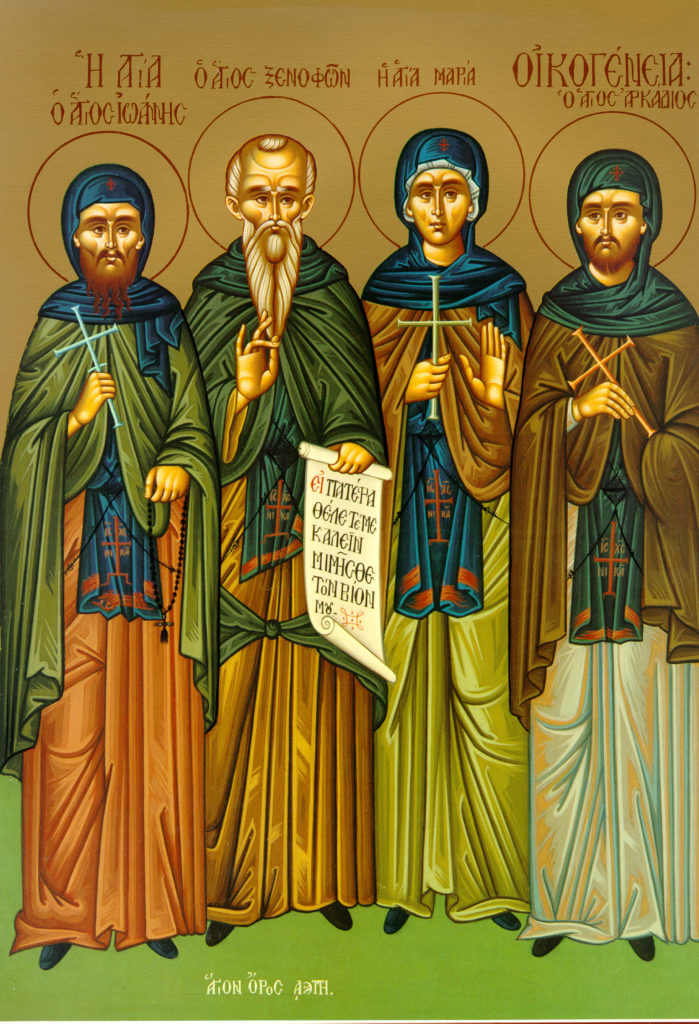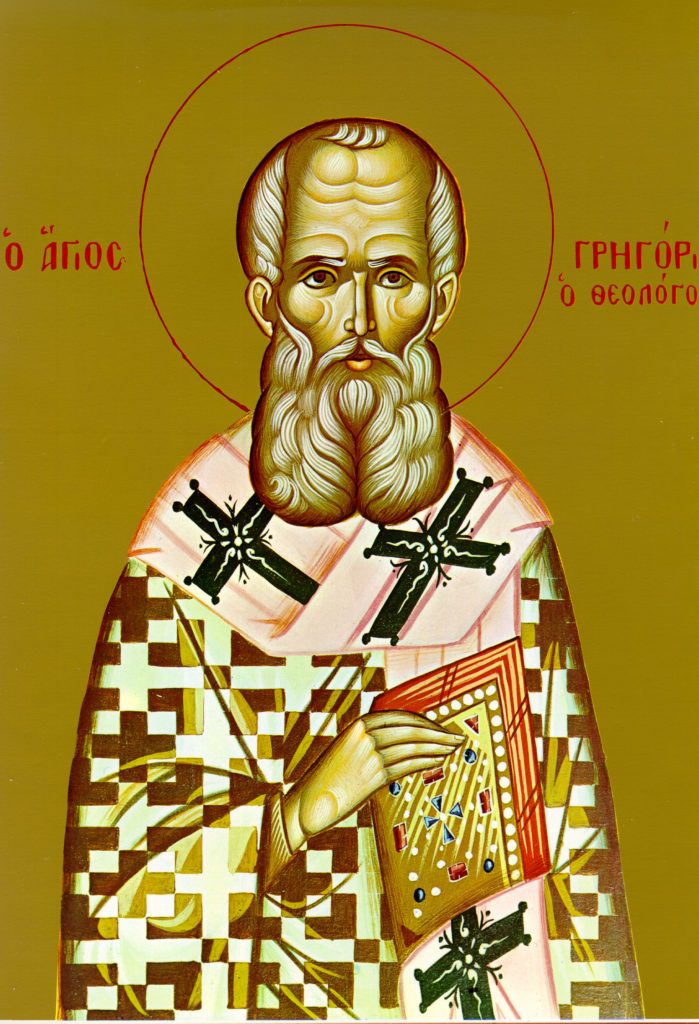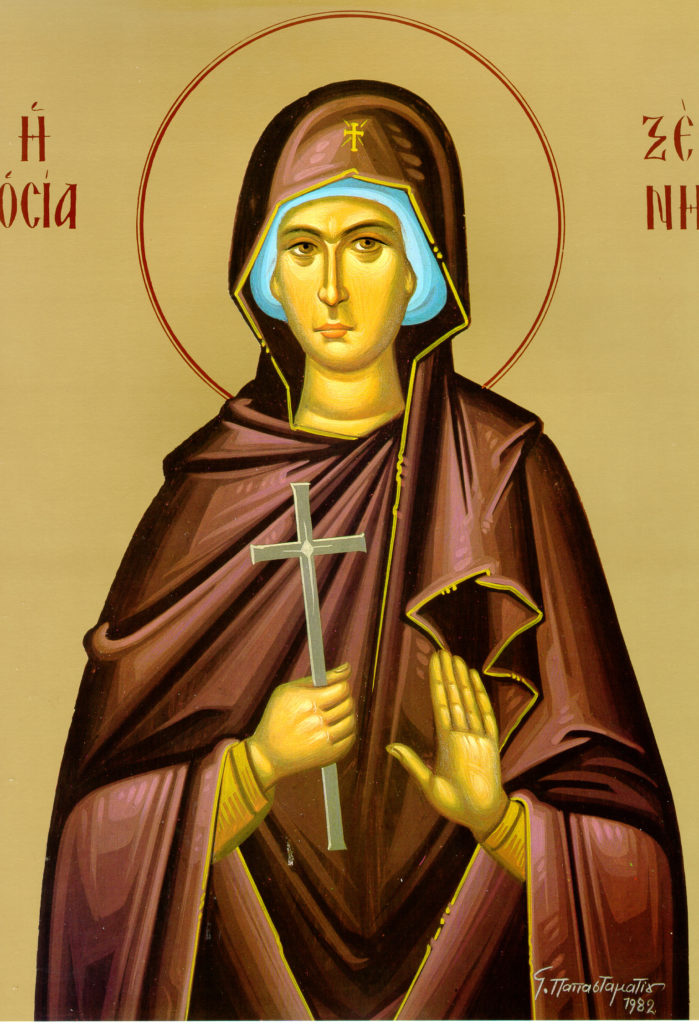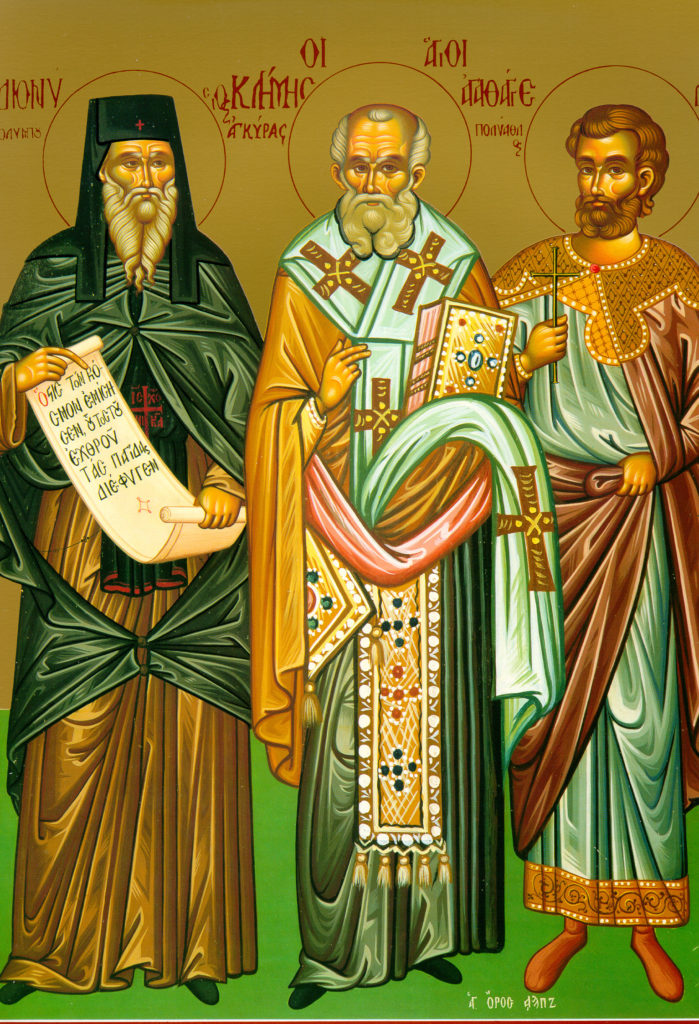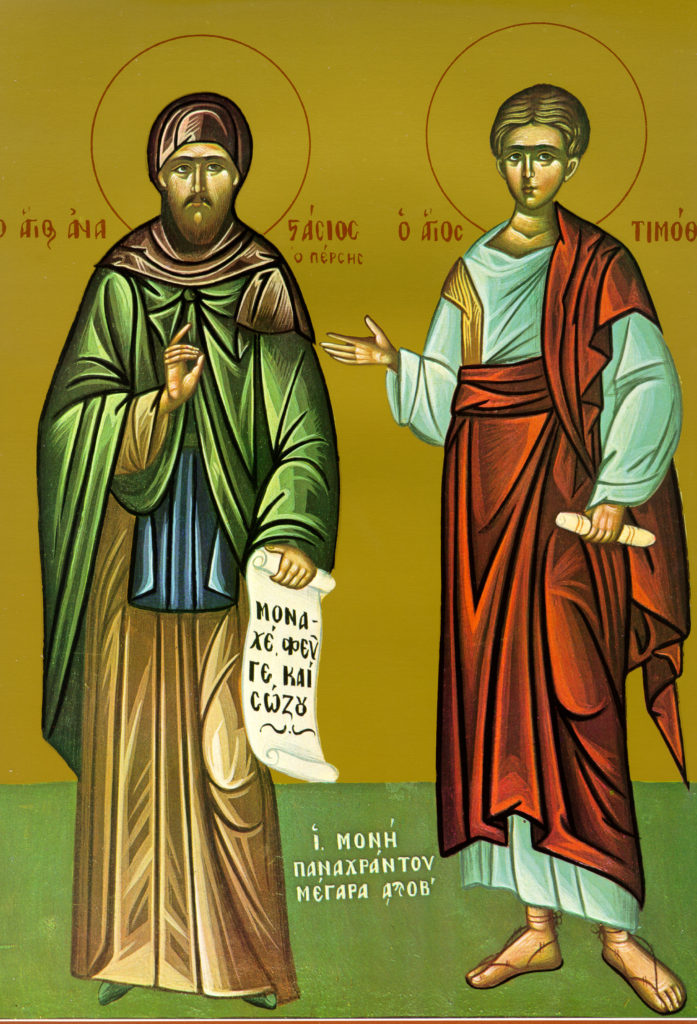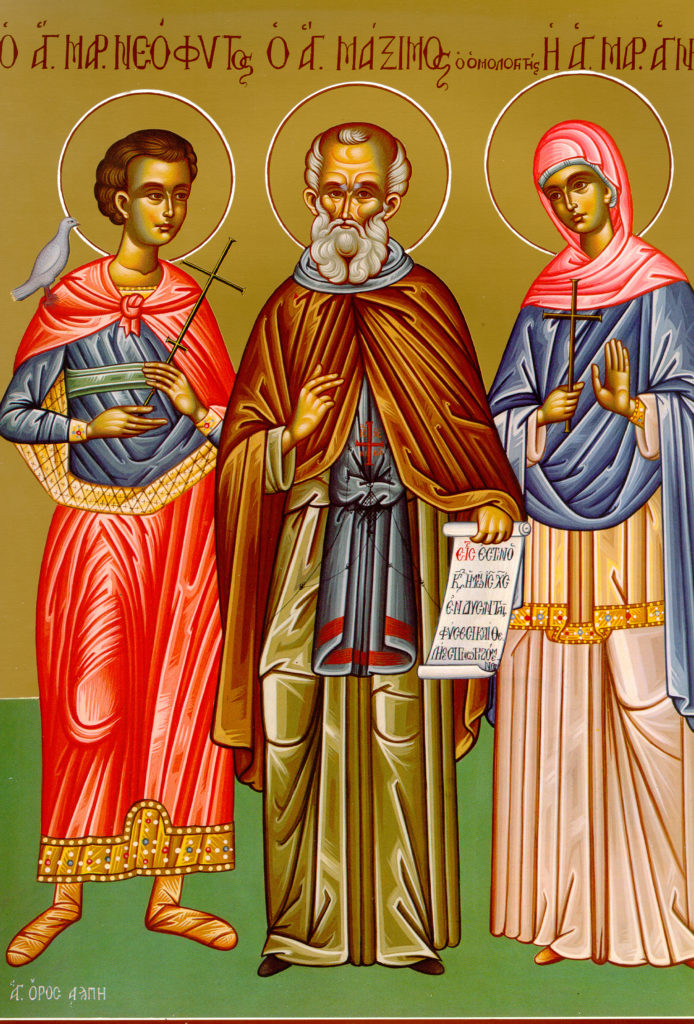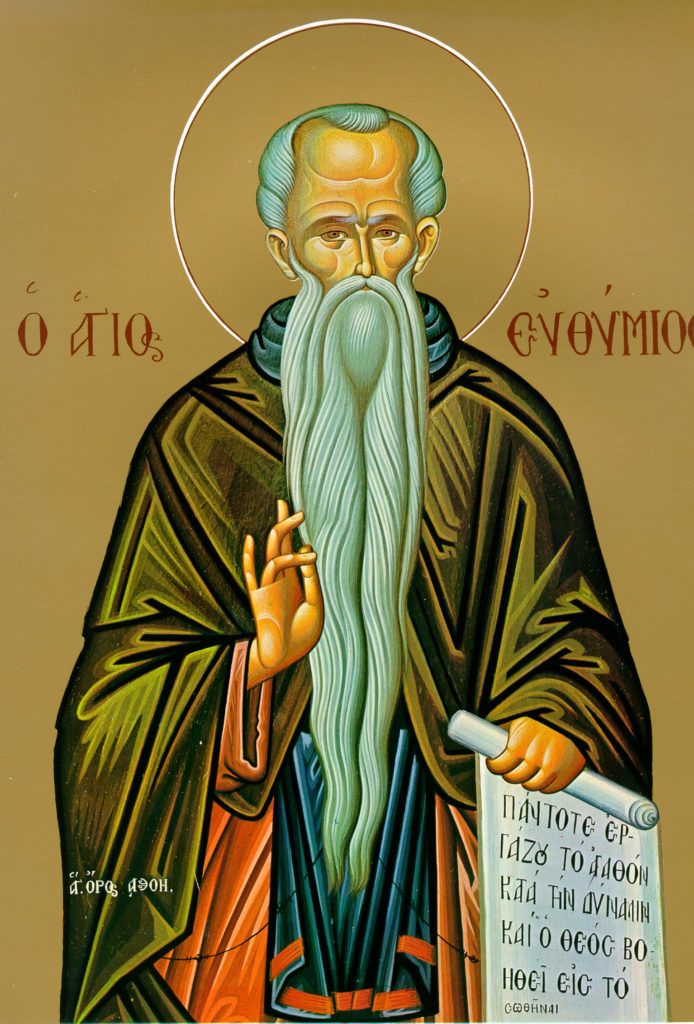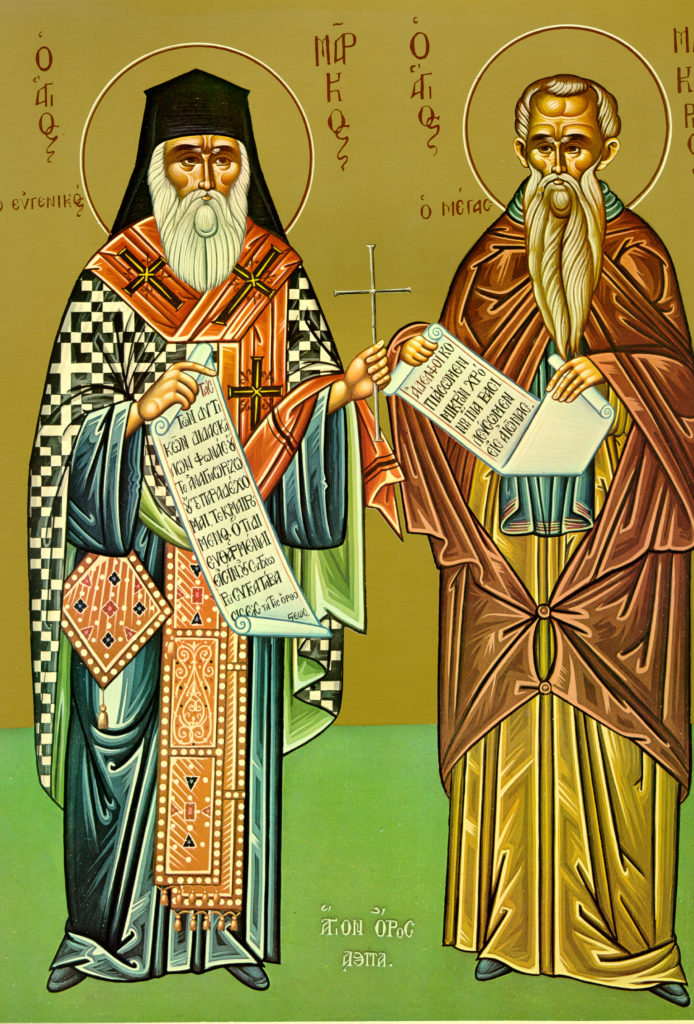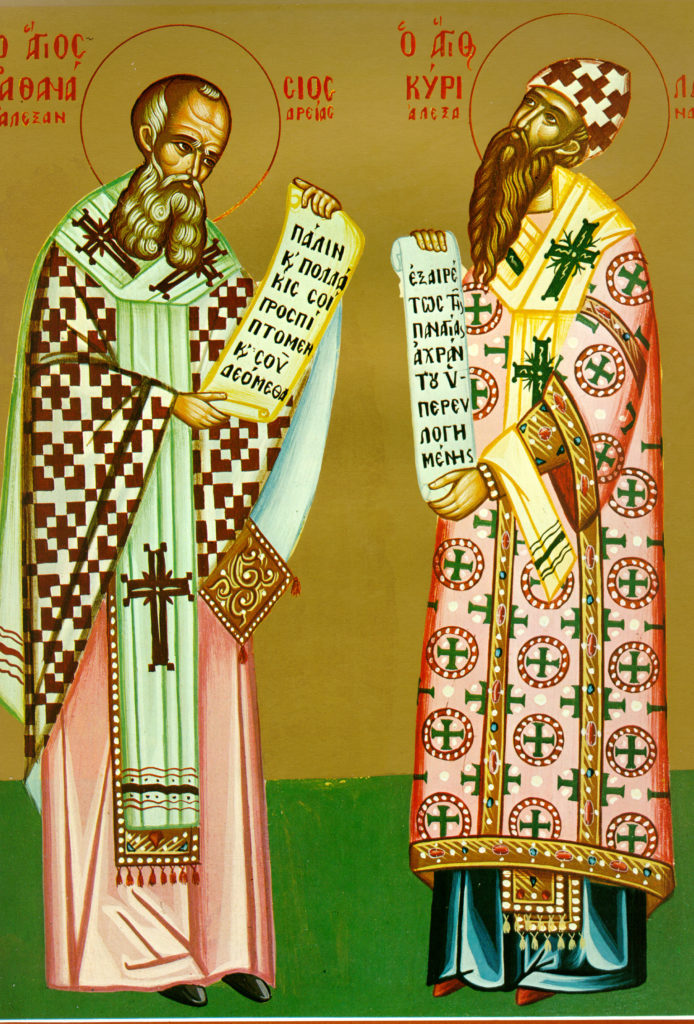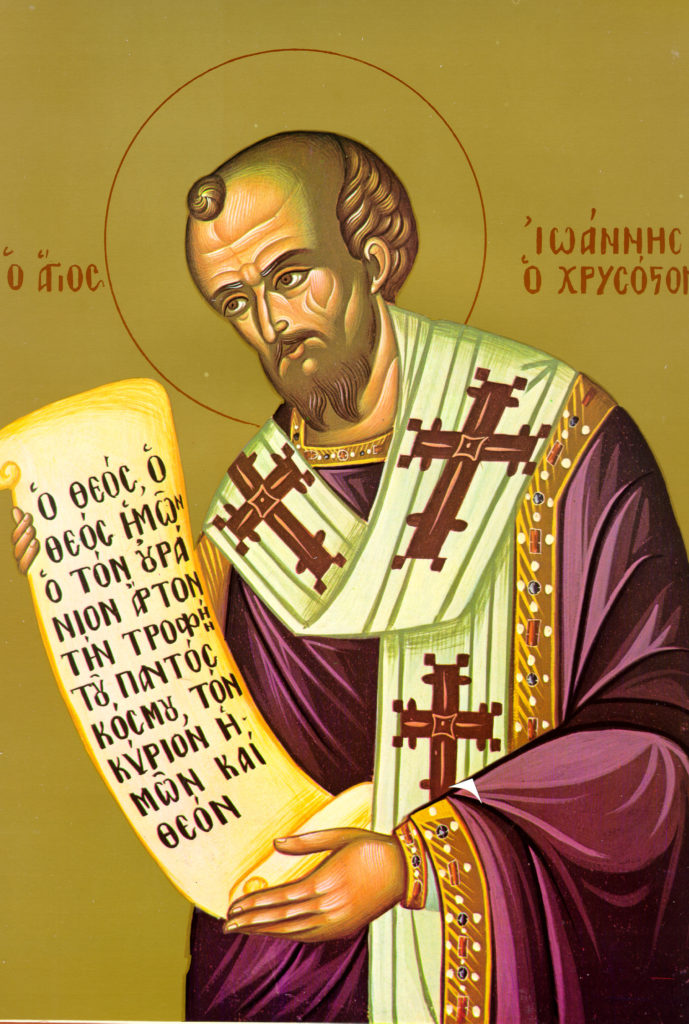

The Translation of the Precious Relics of our Father among the Saints John Chrysostom. In the year 438, thirty-three years after the death of St. John Chrysostom in Coman of Armenia, his relics were transferred to his episcopal see of Constantinople.
Troparion
The holy church sings praise and the world rejoices. How joyful is the transfer of your sacred relics, O venerable pastor, John Chrysostom. You lived among pastors in holiness and became a martyr in your yearning. We therefore sing to you: O martyr and companion of pastors, beg Christ our God to save our souls.
Kontakion
The Church of Constantinople rejoiced greatly because of the transfer of your holy relics and she kept them as a treasure of great price. Through your intercession, these same remains convey the grace of healing upon those who sing to you a hymn of praise, O most glorious John Chrysostom.
Epistle
Hebrews 7: 26- 8: 2
Brothers and sisters: It was fitting that we should have such a high priest [as Jesus]: holy, innocent, undefiled, separated from sinners, higher than the heavens. Unlike the other high priests, he has no need to offer sacrifice day after day, first for his own sins and then for those of the people; he did that once for all when he offered himself. For the law sets up as high priests men who are weak, but the word of the oath which came after the law appoints as priests the Son, made perfect forever.
The main point in what we are saying is this: we have such a high priest, who has taken his seat at the right hand of the throne of the Majesty in heaven, minister of the sanctuary and of that true tabernacle set up, not by men, but by the Lord.
Gospel
John 10: 1-9
The Lord said, “Truly I assure you: whoever does not enter the sheepfold through the gate but climbs in some other way is a thief and a marauder. The one who enters through the gate is shepherd of the sheep; the keeper opens the gate for him. The sheep hear his voice as he calls his own by name and leads them out. When he has brought out all those that are his, he walks in front of them, and the sheep follow him because they recognize his voice. They will not follow a stranger; such a one they will flee, because they do not recognize a stranger’s voice.”
Even though Jesus used this figure with them, they did not grasp what he was trying to tell them. He therefore said to them again: “My solemn word is this: I am the sheepgate. All who came before me were thieves and marauders whom the sheep did not heed. I am the gate. Whoever enters through me will be safe. He will go in and out, and find pasture.”
Readings for the day
Epistle
James 2: 14-26
Brothers and sisters, what good is it to profess faith without practicing it? Such faith has no power to save one, has it? If a brother or sister has nothing to wear and no food for the day, and you say to them, “Goodbye and good luck! Keep warm and well fed,” but do not meet their bodily needs, what good is that? So it is with the faith that does nothing in practice. It is thoroughly lifeless.
To such a person one might say, “You have faith and I have work– is that it?” Show me your faith without works, and I will show you the faith that underlies my works! Do you believe that God is one? You are quite right. The demons believe that, and shudder. Do you want proof, you ignoramus, that without works faith is idle? Was not our father Abraham justified by his works when he offered his son Isaac on the altar? There you see proof that faith was both assisting his works and implemented by his works. You also see how the Scripture was fulfilled which says, “Abraham believed God, and it was credited to him as justice”: for this he received the title “God’s friend.”
You must perceive that a person is justified by his works and not by faith alone. Rahab the harlot will illustrate the point. Was she not justified by her works when she harbored the messengers and sent them out by a different route? Be assured, then, that faith without works is as dead as a body without breath.
Gospel
Mark 10: 46-52
At that time as Jesus was leaving Jericho with his disciples and a large crowd, there was a blind beggar Bartimaeus sitting by the roadside. On hearing that it was Jesus of Nazareth, he began to call out, “Jesus, Son of David, have pity on me!” Many people were scolding him to make him keep quiet, but he shouted all the louder, “Son of David, have pity on me!” Then Jesus stopped and said, “Call him over.” So they called the blind man over, telling him as they did so, “You have nothing to fear from him! Get up! He is calling you!” He threw aside his cloak, jumped up and came to Jesus. Jesus asked him, “What do you want me to do for you?” “Rabboni,” the blind man said, “I want to see.” Jesus said in reply, “Be on your way! Your faith has healed you.” Immediately he received his sight and started to follow Jesus on the road.
Icon courtesy of Jack Figel, Eastern Christian Publications – ecpubs.com


